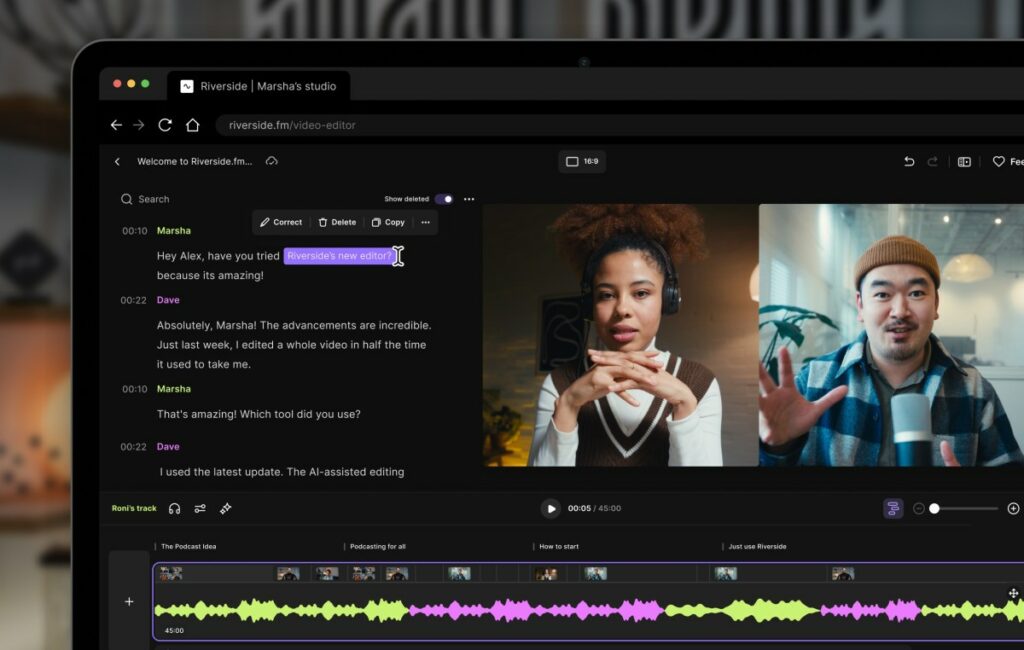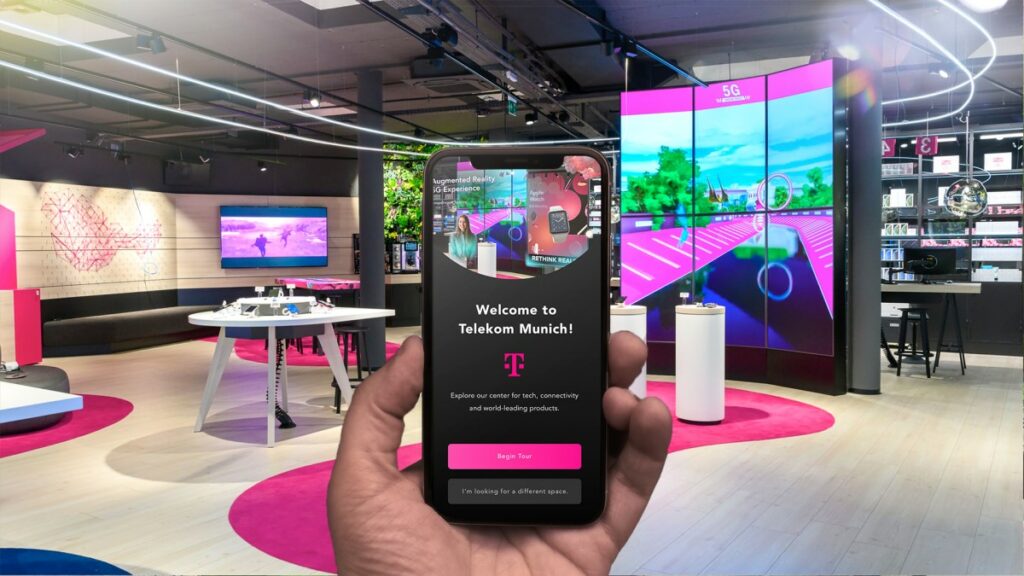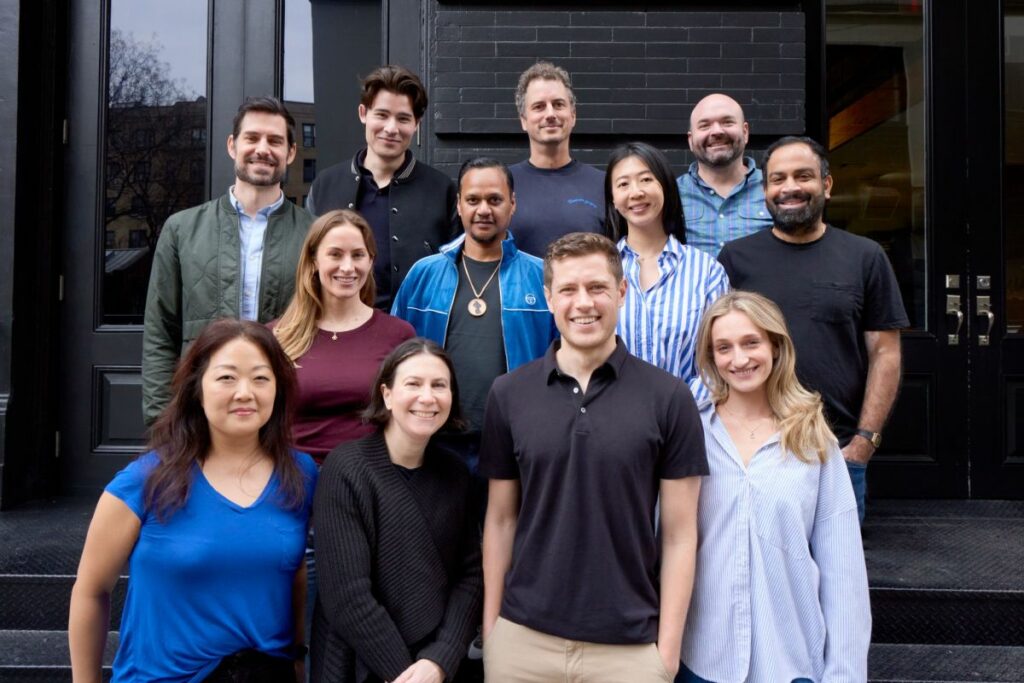Podcast recording platform Riverside said Monday that it has raised $30 million in Series C funding led by Zeev Ventures, with participation from Seven Seven Six, and angel investor Sam Lessin. The company wants to use this funding to grow its team and build out solutions for the podcast and content creation space.
The startup, which was founded in 2020, has now raised $80 million in funding to date, with Zeev and Seven Seven Six participating in multiple rounds. The startup also counts Casey Neistat, Marques Brownlee, Guy Raz, Elad Gil and Alexander Klöpping as angel investors.
The startup’s $35 million Series B raise came in 2022. Riverside’s founder Nadav Keyson told TechCrunch that the company’s valuation went up with the Series C raise but didn’t specify the exact number.

Seven Seven Six’s founder and general partner Alexis Ohanian said that he was personally looking for solutions to help him record podcasts. He noted that, as an early investor and product designer, it was a “game recognize game” moment after discovering Riverside. He said that the company understands creator pain points very well.
“A lot of AI tools are point solutions requiring creators to piecemeal offerings and hack their way to a comprehensive podcasting platform. Riverside is truly all-in-one and ridiculously easy to use,” he told TechCrunch over email.
Riverside started as a podcast recording platform amid the pandemic, with participants in different locations. The tool focused on features like recording separate audio tracks with automatic backups so that if there is a glitch in one participant’s feed, the recording doesn’t break down.
Over the last year, the company launched its iOS and iPad apps for better on-the-go support for podcast recording in HD resolution. It also debuted a new design that allows recording, editing, and sharing tools to be in one place.
The new editor also has features like AI transcription with support for more than 100 languages, separate audio and video tracks, and automatic clip creation of memorable moments to share on social platforms. The company recently introduced an AI-powered editing feature to replace or remove text in the transcript to have them reflected in the video or audio recording.
According to the startup, these tools have reduced editing time for companies — including Google, Microsoft, and Marvel — and creators by 80%. Keyson said that just in 2024, creators have recorded over 100 million minutes on the platform.
While Riverside started with recording tools for podcast recording, the company has also expanded its tooling for live-streaming, including support for multiple stream destinations and custom branding.
Earlier this year, Spotify expanded its partnership with Riverside to offer its creators podcast recording and editing tools within the browser window.
Riverside competes with other remote podcast recording tools such as Podcastle and Zencastr. Camo is another app that started out as a tool to improve webcam quality — it has then invested in live-streaming tools.
Keyson said that Riverside wants to become a one-stop shop for all things video and not be restricted to podcast recording. He said that companies are already using the platform to create video interviews, thought leadership content, and internal training material.
Seven Seven Six’s Ohanian agrees with this vision and feels that Riverside is a great tool to help creators with the increase in rising demand for video content.
“The product addresses every step of the creative process with a suite of tools to create audio and video content, including studio-quality recording, full HD live-streaming, AI-powered editing solutions, and automatic content repurposing,” the told TechCrunch over email.
“People still find video editing a very tough task. So we want to make editing really simple with our tools. We are also going to invest in AI features to improve this workflow,” Keyson said.
The founder noted that the company has roughly 160-170 people, and it will primarily use the funding to hire AI and full-stack engineers. The company is not currently profitable but aims to achieve that goal by the end of 2026.


